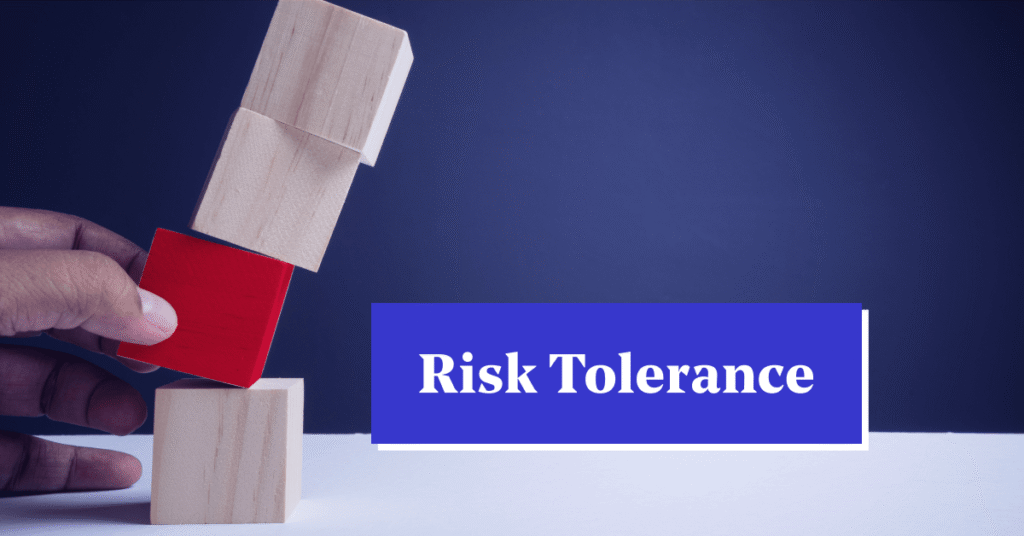In a world filled with uncertainties, financial protection is not just a luxury—it’s a necessity. Whether you’re a single professional, a parent, or nearing retirement, implementing robust financial protection strategies ensures your family’s well-being and your own peace of mind. Financial protection isn’t just about saving money; it’s about making proactive decisions that secure your present and safeguard your future.
This guide explores the top financial protection strategies that individuals and families can adopt to shield themselves from unexpected events, economic volatility, and life’s inevitable changes.
Understanding Financial Protection
What Is Financial Protection?

Financial protection refers to measures that safeguard your income, assets, and overall financial stability against risks such as medical emergencies, job loss, death, or disability. It includes insurance, savings, estate planning, and risk management tools.
Why It Matters for Families and Individuals
- Helps cover unexpected expenses
- Ensures income continuity
- Protects dependents’ futures
- Reduces emotional stress during financial crises
Build a Strong Emergency Fund
Importance of Emergency Savings
An emergency fund is your financial safety net. It ensures you don’t rely on credit cards or loans during emergencies such as medical bills, car repairs, or job loss.
How Much to Save
Experts recommend saving 3–6 months of living expenses. If you have dependents or a single income, consider saving up to 9 months.
Where to Keep Emergency Funds
- High-yield savings accounts
- Money market accounts
- Short-term deposits
Keep it easily accessible but separate from your main spending account.
Get the Right Insurance Coverage
Health Insurance
Medical costs are among the top reasons for bankruptcy. Having adequate health insurance covers:
- Doctor visits and hospitalization
- Prescription drugs
- Preventive services
Choose a policy with reasonable premiums and deductibles based on your income and health history.
Life Insurance
Life insurance provides financial security to your loved ones in case of your untimely death. It helps cover:
- Funeral costs
- Outstanding debts
- Income replacement
- Children’s education
Term life insurance is ideal for affordability, while whole life insurance provides lifelong coverage and cash value accumulation.
Disability Insurance
If you’re unable to work due to illness or injury, disability insurance replaces a portion of your income. It’s often overlooked but is essential for anyone relying on their paycheck.
Property and Casualty Insurance
Protect your assets with:
- Homeowners or renters insurance
- Auto insurance
- Liability coverage
These policies shield you from major financial losses caused by accidents, theft, or natural disasters.
Diversify Your Income Sources
Why Income Diversification Matters
Relying solely on one job or business can be risky. A job loss or business downturn can immediately impact your financial life.
Ways to Diversify
- Freelancing or part-time jobs
- Investing in dividend-paying stocks or mutual funds
- Starting a side business
- Renting out property
Multiple income streams increase your resilience during financial instability.
Invest Wisely for Long-Term Security
Understand Your Risk Tolerance

Your investment strategy should align with your risk appetite and financial goals. Younger individuals may opt for high-risk, high-reward investments, while older adults prefer safer assets.
Build a Diversified Portfolio
Diversification helps reduce the risk of loss. Include a mix of:
- Stocks
- Bonds
- Real estate
- Mutual funds
- Exchange-traded funds (ETFs)
Rebalance your portfolio annually to ensure it reflects your goals and risk profile.
Use Retirement Accounts
Tax-advantaged accounts like 401(k), IRA, or Roth IRA help you grow wealth while minimizing tax liabilities. Start contributing early and consistently.
Create a Comprehensive Estate Plan
Why Estate Planning Is Important
Estate planning ensures your assets are distributed according to your wishes and minimizes legal complications for your family.
Key Estate Planning Tools
- Will: Specifies asset distribution and guardianship
- Trust: Helps avoid probate and reduces estate taxes
- Power of Attorney: Assigns someone to manage finances if you’re incapacitated
- Healthcare Directive: Guides medical decisions if you’re unable to communicate
Consult an estate attorney to draft and review your documents.
Maintain a Good Credit Score
Impact on Financial Protection
A good credit score helps you:
- Qualify for lower interest rates
- Access better insurance rates
- Secure rental housing or jobs
Tips to Improve Credit Score
- Pay bills on time
- Keep credit utilization below 30%
- Limit hard inquiries
- Regularly check your credit report for errors
Financial institutions often view a strong credit profile as an indicator of financial responsibility.
Budgeting and Expense Management
Live Within Your Means
The foundation of financial protection is spending less than you earn. Identify and eliminate unnecessary expenses.
Use Budgeting Tools
Apps like Mint, YNAB (You Need A Budget), or personal finance spreadsheets can help you:
- Track spending
- Set savings goals
- Categorize expenses
- Avoid overspending
Adopt the 50/30/20 Rule
Divide your income into:
- 50% for needs (housing, groceries)
- 30% for wants (entertainment, travel)
- 20% for savings and debt repayment
Protect Against Identity Theft and Fraud
Why It’s a Growing Risk
With increasing digital transactions, identity theft is a real threat. Fraud can lead to financial loss and credit damage.
Protection Measures
- Use strong, unique passwords
- Enable two-factor authentication
- Monitor your bank and credit accounts regularly
- Freeze your credit if not applying for loans
Consider enrolling in identity protection services for added security.
Regular Financial Check-Ups
Why Reviews Matter
Life changes—like marriage, having children, or changing jobs—impact your financial goals and risks. Annual financial reviews help:
- Adjust insurance needs
- Rebalance investments
- Update estate plans
Work with a Financial Advisor
Certified Financial Planners (CFPs) can provide professional advice tailored to your life stage, goals, and income.
Also Read : Insurance Types: A Complete Guide to Understanding Coverage Options
Conclusion
Financial protection is not a one-time act—it’s an ongoing process that evolves with your life. Whether you’re building your emergency fund, purchasing insurance, investing for the future, or planning your estate, each strategy plays a critical role in your overall financial well-being.
For families, these steps mean securing a future for children and dependents. For individuals, it means having confidence and control even when life throws curveballs. By combining these financial protection strategies, you can build a more stable, secure, and successful future.
FAQs
Q1: What is the most important financial protection strategy for a family?
A: Building an emergency fund and securing life and health insurance are foundational for family financial security.
Q2: How often should I review my financial protection plan?
A: At least once a year or after any major life event such as marriage, a new child, job change, or purchasing a home.
Q3: Is term life insurance better than whole life insurance?
A: Term life insurance is more affordable and ideal for most families, while whole life includes a savings component and lasts a lifetime.
Q4: What should be included in an estate plan?
A: A will, trust (if applicable), power of attorney, and healthcare directive should be part of a complete estate plan.
Q5: How can I protect myself from identity theft?
A: Use secure passwords, monitor accounts regularly, and consider using identity theft protection services.
Q6: Should single individuals also consider financial protection?
A: Yes. Disability insurance, emergency savings, and health coverage are essential regardless of marital status.




